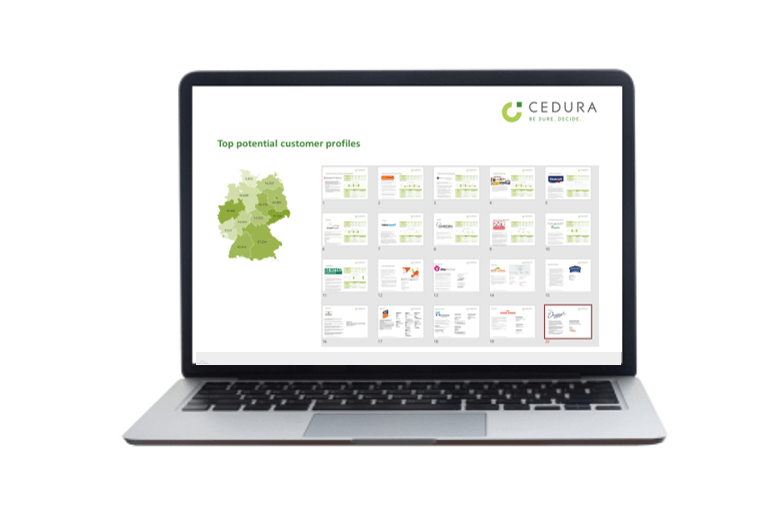By analyzing and evaluating various approaches, products, or strategies, a crucial competitive advantage can be identified, helping to understand our own strengths and weaknesses.


By analyzing and evaluating various approaches, products, or strategies, a crucial competitive advantage can be identified, helping to understand our own strengths and weaknesses.

What’s in your customers’ facilities? What should be there? And what share do you have in equipment, machinery, and service? If these and other questions remain unanswered, the potentials for exchange, service, spare parts, and modifications will not be fully realized due to a lack of transparency.

Continuous observation of market potentials, needs, changes, and competitors is an optimal foundation for a successful B2B sales argument. It’s not easy to compare one’s own services and features with those of competitors and also to incorporate future market developments.

In recent months, especially in the B2B sector, we’ve noticed an increased demand for qualified and specific information about potential new customers. Due to ever faster innovation cycles and geopolitical conditions, our markets are changing much more rapidly than we’re accustomed to.

Market intelligence makes it possible to analyze the market on an ongoing basis so that future developments can be identified at an early stage and companies can react to changes in the market at an early stage. This article is dedicated to the introduction process of market intelligence.